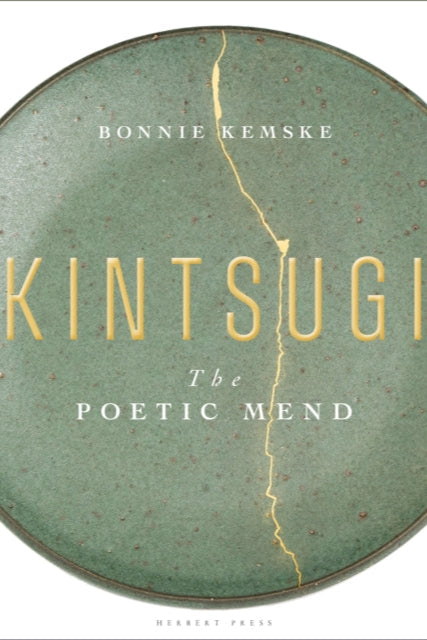Japanese Aesthetic
Japanese design values simplicity and space. In Praise of Shadows and The Book of Tea explain how beauty works in Japanese art and life. Kintsugi and Wabi Inspirations explore imperfection as a philosophy, whilst The Beauty of Everyday Things reminds us that design starts in daily life. This collection is ideal for readers drawn to minimalism, craft and quiet attention to detail that is so prominent in Japanese style.

In Praise of Shadows - Junichiro Tanizaki
An intimate reflection on Japanese art and architecture from one of the country's greatest novelists. This is an enchanting essay on aesthetics by one of the greatest Japanese novelists. Tanizaki's eye ranges over architecture, jade, food, toilets, and combines an acute sense of the use of space in buildings, as well as perfect descriptions of lacquerware under candlelight and women in the darkness of the house of pleasure. The result is a classic description of the collision between the shadows of traditional Japanese interiors and the dazzling light of the modern age.

Kintsugi: The Poetic Mend - Bonnie Kemske
A stunning book on kintsugi, the Japanese art of repairing broken pottery with precious metals to highlight its history beautifully. A broken pot is made whole again, and within its golden repair we see a world of meaning. Kintsugi is the art of embracing imperfection. In Western cultures, the aim of repair has been to make the broken item ‘as good as new’. Kintsugi on the other hand, is a Japanese art that leaves an obvious repair – one that may appear fragile, but which actually makes the restored ceramic piece stronger, more beautiful, and more valuable than before. Leaving clear, bold, visible lines with the appearance of solid gold, it never hides the story of the object’s damage.

The Book of Tea - Okakura Kakuzo
'Meanwhile, let us have a sip of tea. The afternoon glow is brightening the bamboos, the fountains are bubbling with delight, the soughing of the pines is heard in our kettle.' In this charming book from 1906, Okakura explores Zen, Taoism, Tea Masters and the significance of the Japanese tea ceremony.

The Beauty of Everyday Things - Soetsu Yanagi
The daily lives of ordinary people are replete with objects, common things used in commonplace settings. These objects are our constant companions in life. As such, writes Soetsu Yanagi, they should be made with care and built to last, treated with respect and even affection. They should be natural and simple, sturdy and safe - the aesthetic result of wholeheartedly fulfilling utilitarian needs. They should, in short, be things of beauty. In an age of feeble and ugly machine-made things, these essays call for us to deepen and transform our relationship with the objects that surround us.

Wabi Inspirations - Axel Vervoordt
Interior design guru Axel Vervoordt shares his latest inspirations for the home. Axel Vervoordt’s intense curiosity has fuelled his work as an interior designer, spurring him to explore and draw inspiration from cultures around the globe. Today, together with the Japanese architect Tatsuro Miki, Vervoordt carries the principles of Wabi into his remarkable interiors. As Vervoordt reveals how he infuses his current creations with a fundamentally oriental approach, interior devotees will gain new insight from this tribute to the designer’s latest sources of inspiration for the home.
